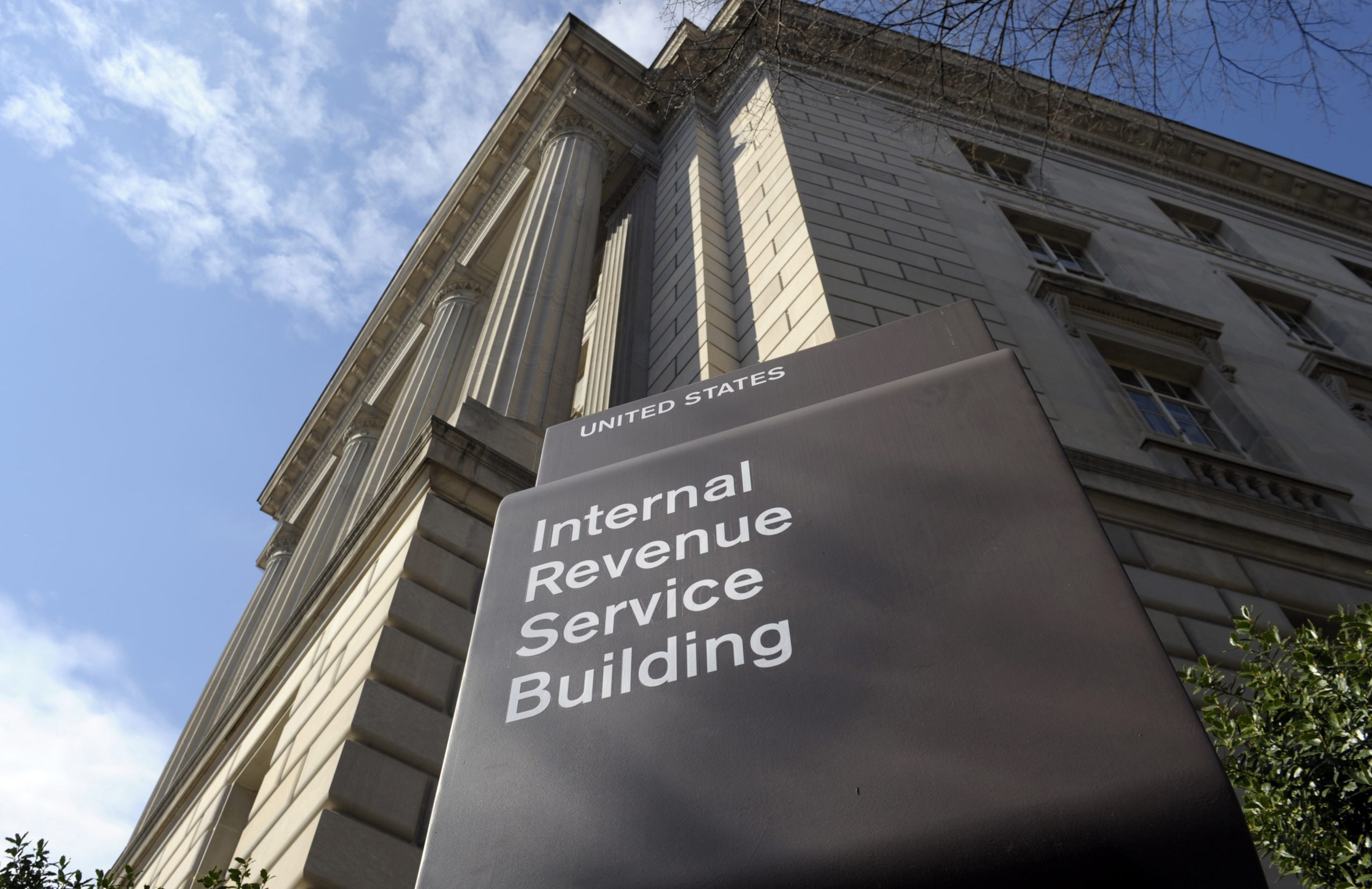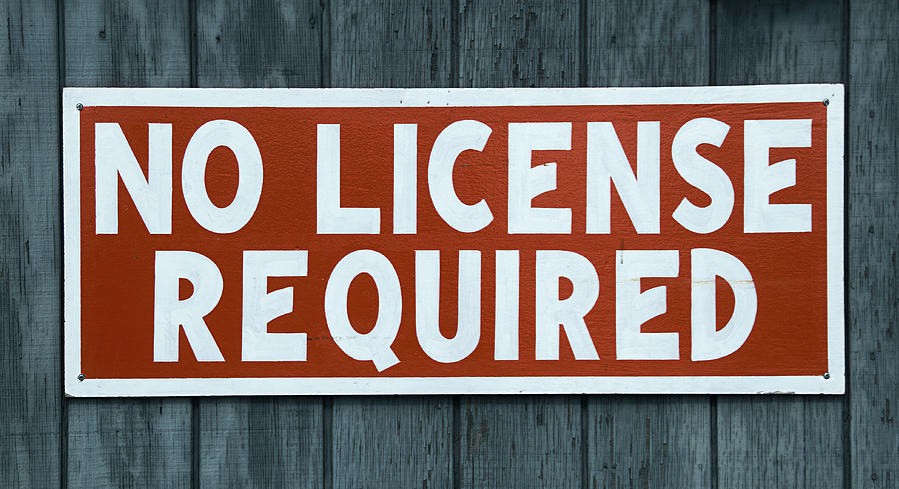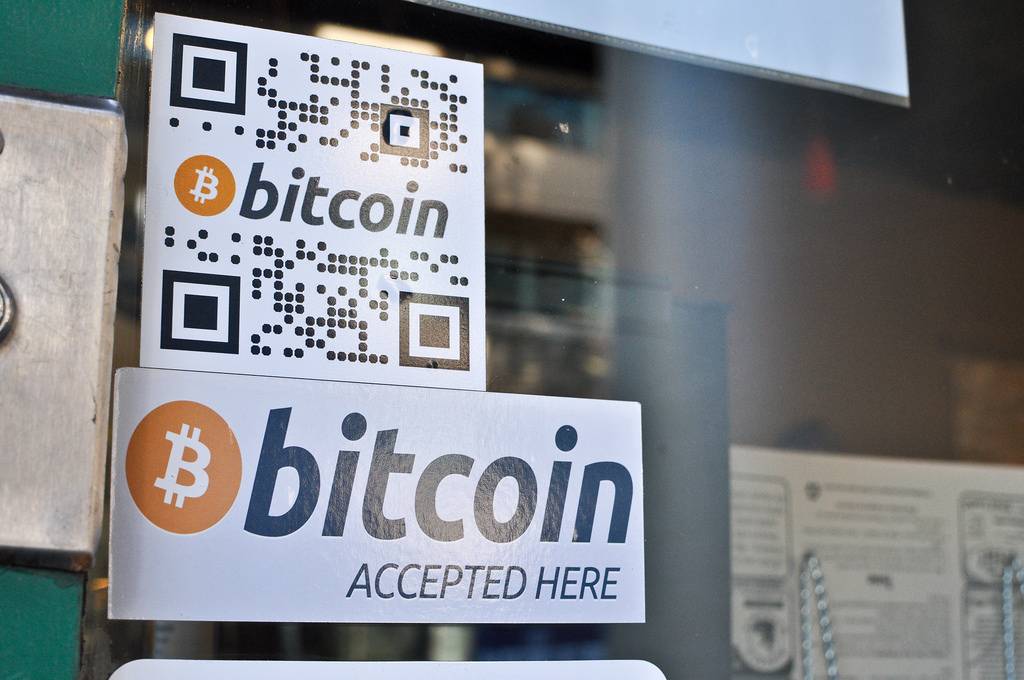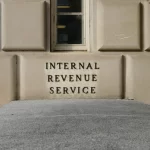It’s Time to Move Your Crypto Business out of the United States
Setting up a cryptocurrency exchange or an Exchange-Traded Fund (ETF) in the United States can be challenging due to the regulatory environment. The U.S. Securities and Exchange Commission (SEC) has been reluctant to approve Bitcoin ETFs and has called recent applications inadequate.
They believe that these applications have not been specific enough about how they will manage a “surveillance-sharing agreement,” which is meant to deter fraud and manipulation by ensuring the fund issuer is monitoring market trading activity, clearing activity, and customer identity. The SEC has stated that all Bitcoin ETF applications have fallen short in this regard. Additionally, the SEC has concerns about the price of Bitcoin being open to manipulation, which is one of the main reasons they have been hesitant to approve a spot Bitcoin ETF.
Bermuda, on the other hand, has been striving since 2018 to be a FinTech hub for regulated digital asset businesses. The island has established and clear regulatory frameworks for investment funds and digital asset businesses, making it an attractive location to set up a digital asset or blockchain fund. Some of the benefits of Bermuda include a world-class financial center, innovative and flexible structures with a robust legal and regulatory compliance framework, quality and expertise of service providers, ease of doing business, and a stable political climate.
Bermuda offers a variety of fund structures, including private funds, professional class A and B funds, and standard funds. Depending on the investment strategy and investor type, different structures may be more optimal. Importantly, all funds are required to seek permission from the Bermuda Monetary Authority (BMA), and directors and service providers need to be ‘fit and proper’. There’s no requirement for directors to be registered with the BMA. If the equity interests of the fund are to be tokenized, the BMA would still consider the fund to be offering equity interests, requiring BMA registration.
Service providers that your fund may need to engage include a registered office provider, an administrator and custodian, an auditor, independent directors, and individuals to handle FATCA and Anti-Money Laundering and Anti-Terrorist Financing Requirements. Bermuda has legislation in place to accommodate these needs.
Bermuda was a pioneer in the digital asset sector and implemented its digital asset legislation in 2018, which established the foundation for a comprehensive legislative and regulatory framework designed to support growth in the financial technology (Fintech) Sector. The Digital Asset Business Act 2018 (“DABA”) and the Digital Asset Issuance Act 2019 (“DAIA”) regulate ‘digital asset business’ activities conducted in or from within Bermuda. However, funds pursuing a digital asset and/or blockchain-focused strategy would not be subject to DABA or DAIA unless such an investment fund conducts a public sale of its tokenized equity interests.
Employee Requirements
There is a requirement to have employees in Bermuda if you operate a digital asset business or crypto business in Bermuda. The Bermuda Monetary Authority (BMA) requires all licensed digital asset businesses to have a senior representative who is resident in Bermuda. The senior representative must be knowledgeable in digital asset business and related Bermuda laws and regulations. They must also be able to report to the BMA on the activities of the licensed business.
In addition to the senior representative, the BMA also requires licensed digital asset businesses to have a minimum of two other employees who are resident in Bermuda. These employees must be responsible for the day-to-day operations of the licensed business.
The BMA’s requirement for employees in Bermuda is designed to ensure that licensed digital asset businesses have a physical presence in the country and that they are subject to the BMA’s supervision. This helps to protect investors and ensure that licensed digital asset businesses are operating in a compliant manner.
There are some exceptions to the BMA’s requirement for employees in Bermuda. For example, the BMA may allow a licensed digital asset business to have a senior representative who is resident outside of Bermuda if the business can demonstrate that it has adequate controls in place to ensure compliance with Bermuda’s laws and regulations.
Capital Requirements
The capital requirements for setting up a digital asset business or cryptocurrency exchange in Bermuda vary depending on the type of business. However, the Bermuda Monetary Authority (BMA) typically requires businesses to have a minimum of $100,000 in paid-up capital.
The following are the capital requirements for different types of digital asset businesses in Bermuda:
- Digital Asset Custodian: $100,000
- Virtual Currency Exchange: $100,000
- Digital Asset Dealer: $100,000
- Digital Asset Platform Operator: $100,000
- Digital Asset Market Maker: $100,000
The BMA may require additional capital for businesses that are considered to be higher risk. For example, the BMA may require a business that is involved in margin trading to have a higher level of capital.
The BMA also requires businesses to maintain a certain level of capital throughout their operations. This means that businesses must maintain a minimum level of capital in their accounts and must be able to demonstrate that they have the ability to meet their financial obligations.
The capital requirements for digital asset businesses in Bermuda are designed to ensure that businesses have the financial resources to operate in a compliant manner and to protect investors. If you are considering setting up a digital asset business or cryptocurrency exchange in Bermuda, you should contact the BMA to discuss your specific requirements.
Conclusion
Please contact me at info@premieroffshore.com for more information on setting up a cryptocurrency exchange or digital asset business. Keep in mind that only the best applicants will receive a license as Bermuda fights to ensure it doesn’t become the next Bahamas.











